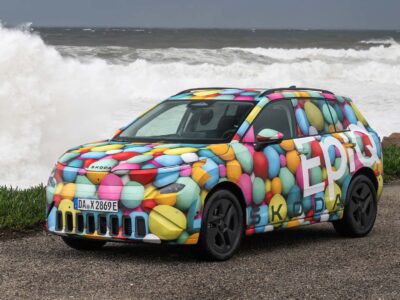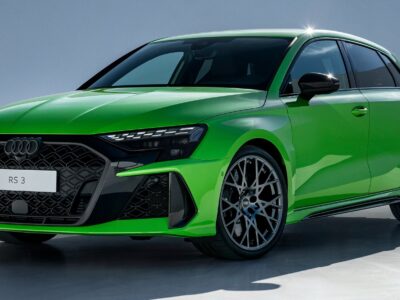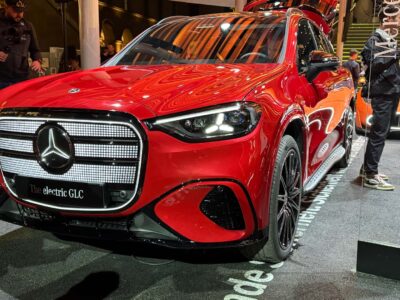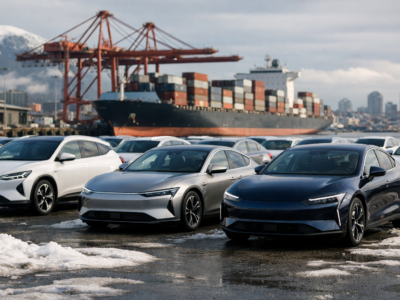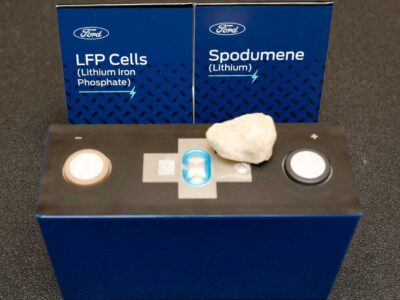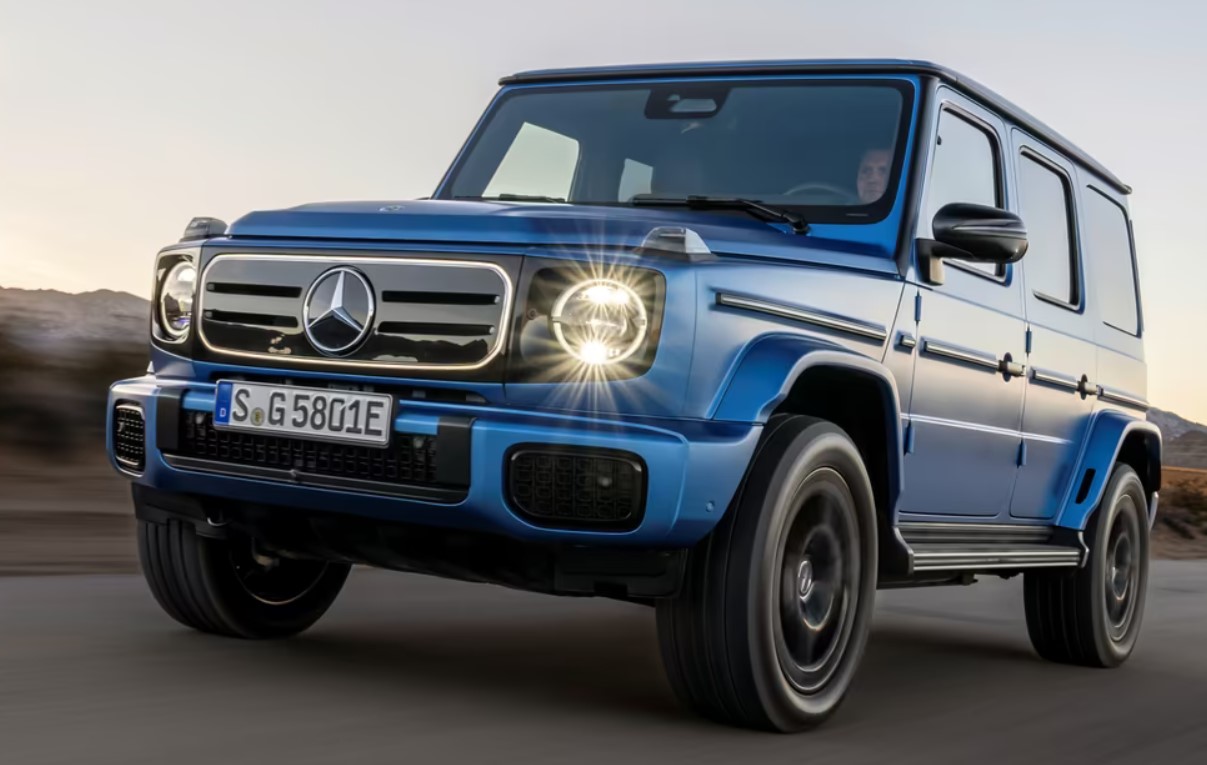
The iconic Mercedes-Benz G-Class series, affectionately known as the “Gelandewagen” or “G-Wagen,” is gearing up to make a leap towards sustainability with its first electric version. This vehicle, which combines legendary robustness with ecological innovation, will be transformed into a Matchbox toy model, reflecting its commitment to the environment.
Mercedes-Benz G 580 with EQ Technology: A Scale Model with Eco-Consciousness
The scale model of the electric G-Wagen, formally named Mercedes-Benz G 580 with EQ technology, is a testament to sustainable engineering. This Matchbox toy car is made with an impressive 99.5% recycled metal and at least 81% sustainable plastic, certified by the International Sustainability & Carbon Certification (ISCC) standard.
Featuring an exclusive South Seas Blue Magno color finish from Mercedes’ Manufaktur customization division and a sleek black interior, this 1:64 scale model is presented as a premium limited edition. Enthusiasts can purchase it for $29.99 on MattelCreations.com. Additionally, a more affordable version will be released in regular retail stores this fall for $2.99.
The Matchbox G-Class EV is not alone in its category. Currently, the market offers scale models of nearly every recent eco-friendly vehicle, from the Chevrolet Volt to the Fisker Karma. These toys are not only fun but could also inspire new generations to dream of a future of electric vehicles, following in the footsteps of the Tesla Radio Flyer.
The G 580 with EQ Technology: Power and Sustainability for 2025
Looking towards the real model, the G 580 with EQ technology is expected for the 2025 model year. This vehicle will feature a four electric motor drivetrain totaling 579 hp, an innovative four-wheel steering system called G-Steering, and a special feature called G-Turn, allowing the vehicle to turn in a tight circle, ideal for maneuvering in tight spaces.
Although initially expected to include a silicon-anode battery to enhance its ecological profile and reduce weight, the electric G-Wagen has ultimately opted for a more traditional solution. The vehicle will be launched with a 116 kWh battery employing the well-known lithium-ion chemistry. This battery is estimated to provide a range of approximately 250 miles according to the EPA, and thanks to its 200 kW fast charging capability, it can recharge up to 80% of its capacity in just 30 minutes.



